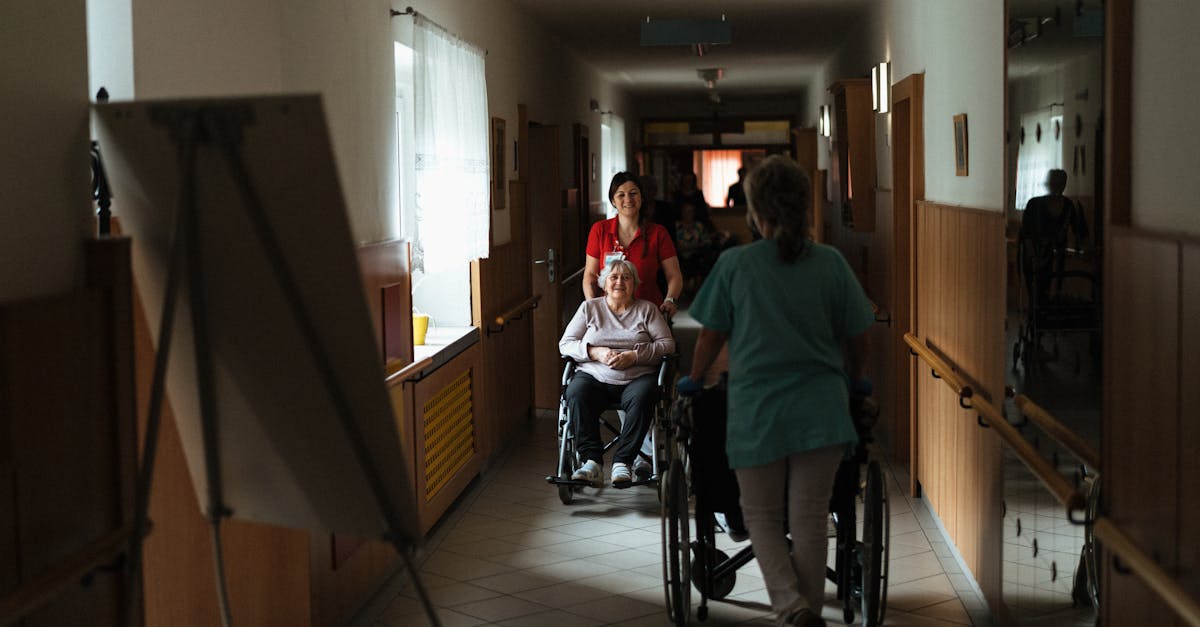Exploring Assisted Senior Caregiver Services
Introduction
Assisted senior caregiver services have become an integral part of eldercare in today's society. These services ensure that seniors receive the compassionate and skilled support necessary for their everyday living. By understanding the scope of these services, families can make informed decisions, ensuring the well-being of their elderly loved ones.
Advertisement
The Role of Senior Caregivers
Senior caregivers are trained professionals who provide essential assistance to the elderly. They help with daily activities--such as bathing, dressing, and meal preparation--to enhance the quality of life for seniors. Their role extends beyond physical assistance, as they also offer emotional support and companionship.
Advertisement
Types of Assisted Caregiver Services
Assisted caregiver services range from in-home support to residential care options. In-home services allow seniors to remain in familiar surroundings while receiving help. On the other hand, residential care provides a community environment where seniors benefit from round-the-clock supervision and a range of social activities.
Advertisement
Benefits of In-Home Care
In-home care enables seniors to preserve their independence while receiving needed assistance. This option is often favored by families aiming to maintain their loved one's sense of autonomy. Moreover, it offers personalized care tailored to the individual's specific needs, promoting comfort and satisfaction.
Advertisement
Residential Caregiver Services
Residential caregiver services offer a structured environment with on-site medical support and social engagement opportunities. Facilities focus on enriching seniors' lives through activities, exercise, and community events. Residential care is particularly beneficial for those requiring more intensive or specialized care.
Advertisement
Adapting to Changing Needs
As seniors age, their needs often change, necessitating a flexible approach to care. Assisted caregiver services adapt to these evolving requirements, ensuring continuity of support and addressing any new challenges. This adaptability ensures that seniors receive optimal care tailored to their current situations.
Advertisement
Ensuring Quality Care
Ensuring the quality of caregiver services is paramount. Families are encouraged to research and select providers with a solid reputation and experienced staff. Regular communication with caregivers and care managers ensures that services remain aligned with the senior's evolving health and lifestyle needs.
Advertisement
Emotional and mental support
Caregiving goes beyond physical tasks and addresses emotional and mental health. Caregivers provide companionship and engage seniors in meaningful activities to combat loneliness. Providing emotional support is critical in promoting mental well-being, especially for those who might be feeling isolated.
Advertisement
Financial Considerations
The cost of caregiver services significantly impacts the decision-making process for families. Understanding various funding options--such as long-term care insurance and government assistance--is crucial. Families should explore all financial avenues to make assisted caregiver services accessible and affordable.
Advertisement
Conclusion
Assisted senior caregiver services play a crucial role in the health and happiness of the elderly population. By understanding the diverse options available, families ensure their loved ones receive excellent care. As needs evolve, the flexibility of these services remains vital in offering the best possible eldercare solutions.
Advertisement


